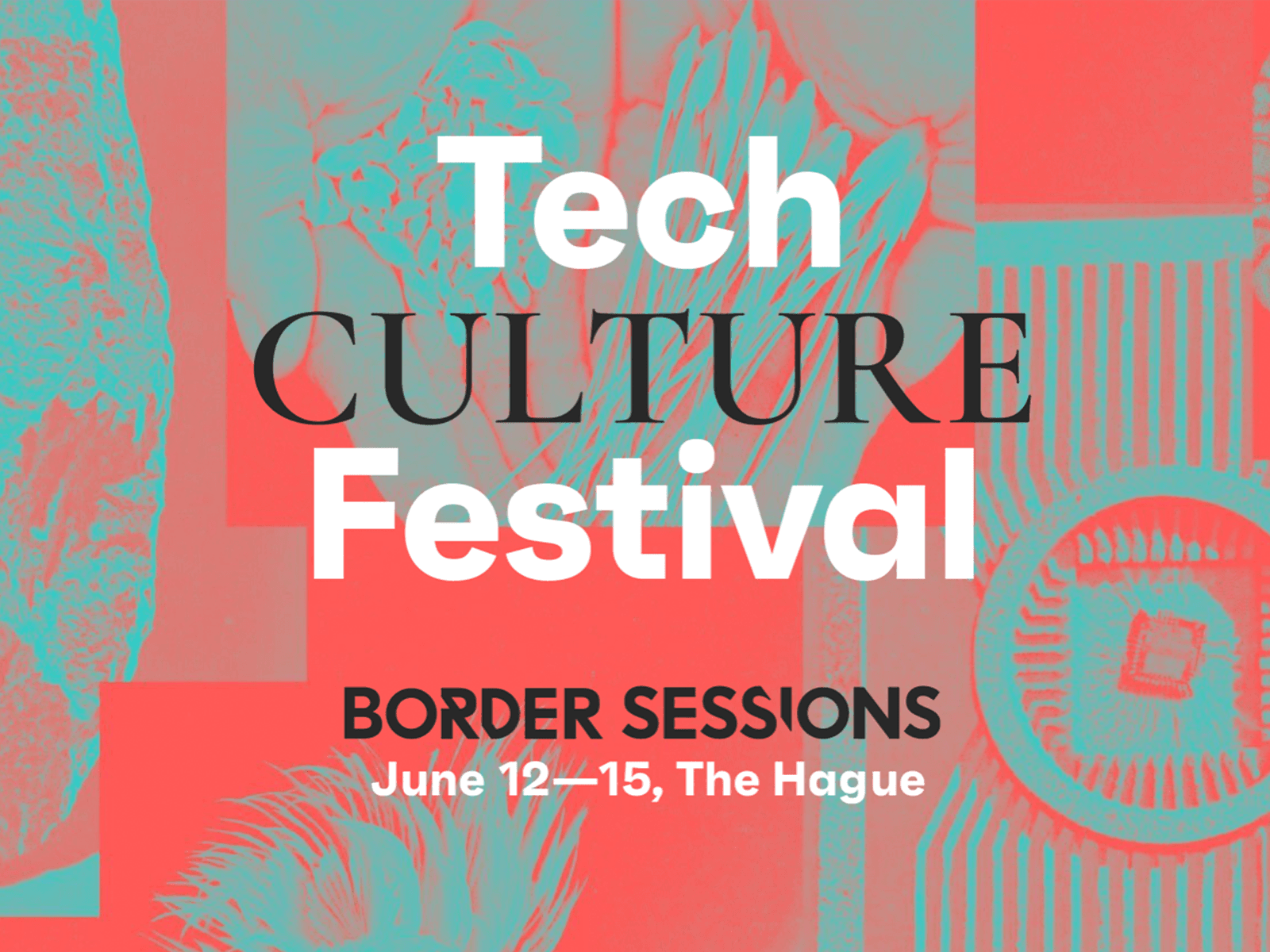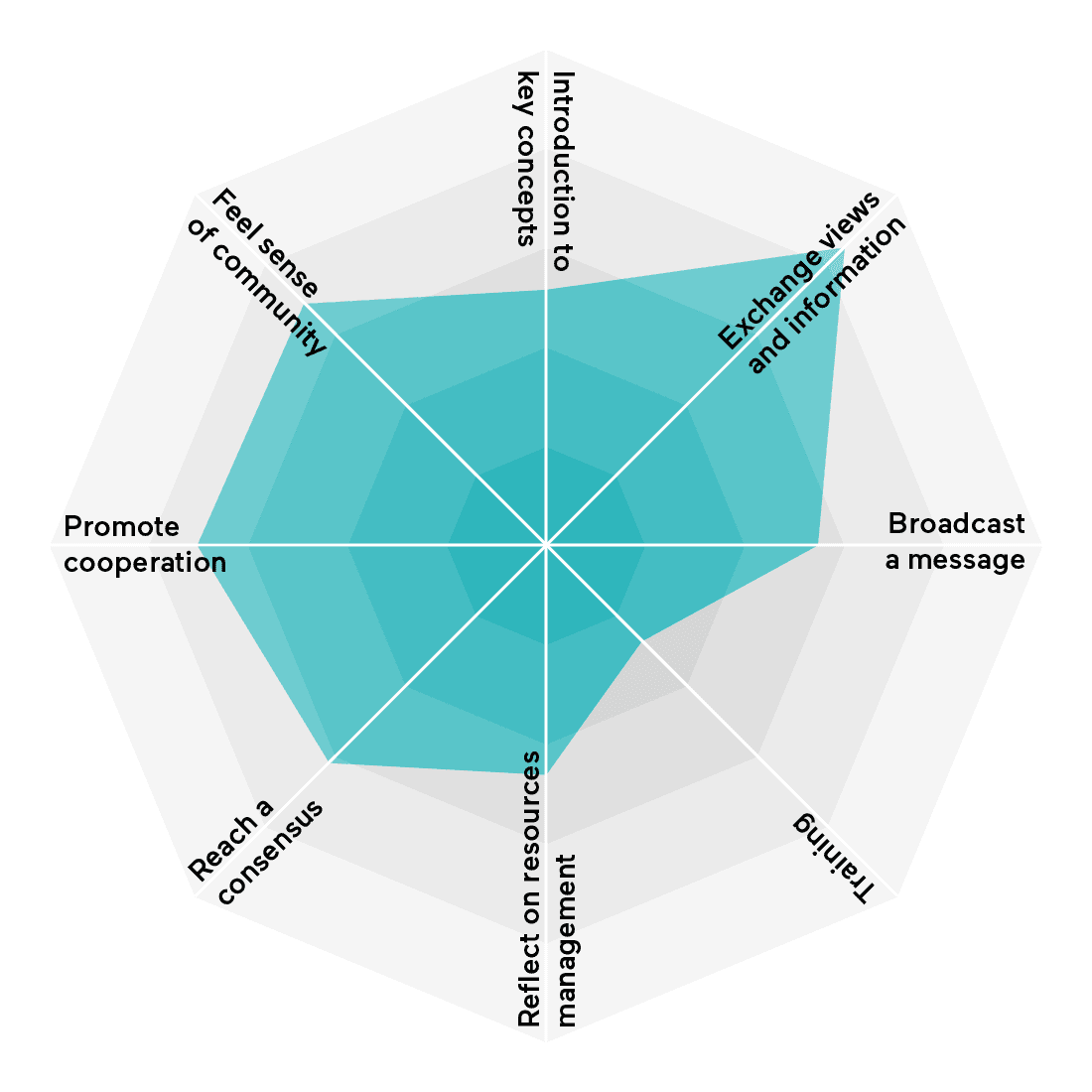How can we establish lasting relations between organisations that are working to sustain the commons? That is the question driving the Chamber of Commons’ contribution to the 2019 Border Sessions festival.
Commons are shared resources managed by communities with an aim of assuring their sustainability and inclusiveness. Think of a food cooperative which brings together consumers and farmers to build a healthier food system, or a community-run library with important works in cultural heritage.
The current economic system does not facilitate the growth and vitality of such commons. Our economic infrastructure has been optimised for bulk trade and fast consumption, with business models built on the privatisation of knowledge and basic services. Up until today, the digital age has largely reinforced the dominance of competitive business in the knowledge and service realm. Non profit projects aimed at the social good are suppressed by social media algorithms, or bought and then commercialised by platform corporations.
Commons need a supportive infrastructure to thrive. Visibility and recognition are key—things that the commons currently sorely miss. In this lab, we will work on the design of a dynamic, digital network of commons projects called trusted_open_reg. As a part of the Chamber of Commons initiative, the trusted_open_reg facilitates establishing trustful relationships between initiatives and boosting knowledge exchange. Can we make a register for commons, comparable to the SBI register of the Chamber of Commerce? If so, what elements and values are important for commons to communicate in such an overview? The register also aims to enlarge the pool of commoners, the participants. If you are member of an energy cooperative, why not also join a foodcoop or other initiative? The trustful bond help grow your active members’ base.
Research questions for the lab
- How is the for profit economy currently networked and entrenched? How does this compare to the fuzzy world of commons?
- What knowledge needs do commons have in order to become resilient? What potential benefits of mutual knowledge sharing can we identify?
- Which are the relations that need to be reinforced among commoners’ initiatives? What are the design elements of a network structure that will prove value to the commons?
Takeaway:
By joining this lab, you will learn about the biases that are built into the economy and analyse how systems for knowledge sharing can help support the commons. We especially welcome active commoners, programmers, and people active in knowledge creation and management – but everyone willing to share ideas and start designing is heartily invited.
Programme
9.30 Registration and coffee
10.00 Welcome and introductory talk by Socrates Schouten (lead Commons Lab, Waag)
11.00 Discussion on commoning in land and farming: Binna Choi (director Casco Art Institute), Natasha Hulst (Schumacher Center for New Economics) and Jan Huijgen (philosopher, founder Eemlandhoeve farm)
11.30 Break
12.00 Work sessions part 1, divided over three tracks: Technical design (Marcel Goethals, Wolkenmachine), Commons taxonomy (Selçuk Balamir, UvA) and Open sourcing the commons (Sergei Zhilin, TU Delft)
12.45 Lunch break
13.30 Recap: what came out of session 1?
14.00 New insights: Marjet Zwaans (artist) and Omer Husain (Wageningen University) present their work
14.30 Work sessions part 2
15.30 Closing reflections and remarks (Binna Choi and Socrates Schouten)
Speakers
- Binna Choi — Director at Casco Art Institute: Working for the Commons. Casco has co-founded Erfgoed, a commoning initiative in and around the Terwijde farmhouse in Utrecht Leidsche Rijn. Binna will bring her experience on land property, mapping, and commons’ federation.
- Natasha Hulst — Schumacher Center for New Economics. In that capacity, Natasha works on Community Land Trusts and other forms of land co-ownership.
- Jan Huijgen — Philosopher and farmer, founder of the Eemlandhoeve farm in Bunschoten. Eemlandhoeve is a pioneer in 'multifunctional architecture' and re-establishing the link between farmer, soil and citizen.
- Omer Husain — PhD researcher at Wageningen University. Theme: getting people to collaborate, thinking through blockchain, P2P, global commons, radical municipalism, civic tech and food waste innovation.
- Marjet Zwaans — Artist at Jan van Eyck Academy, connected to Waag’s Fablab and the Chamber of Commons.


